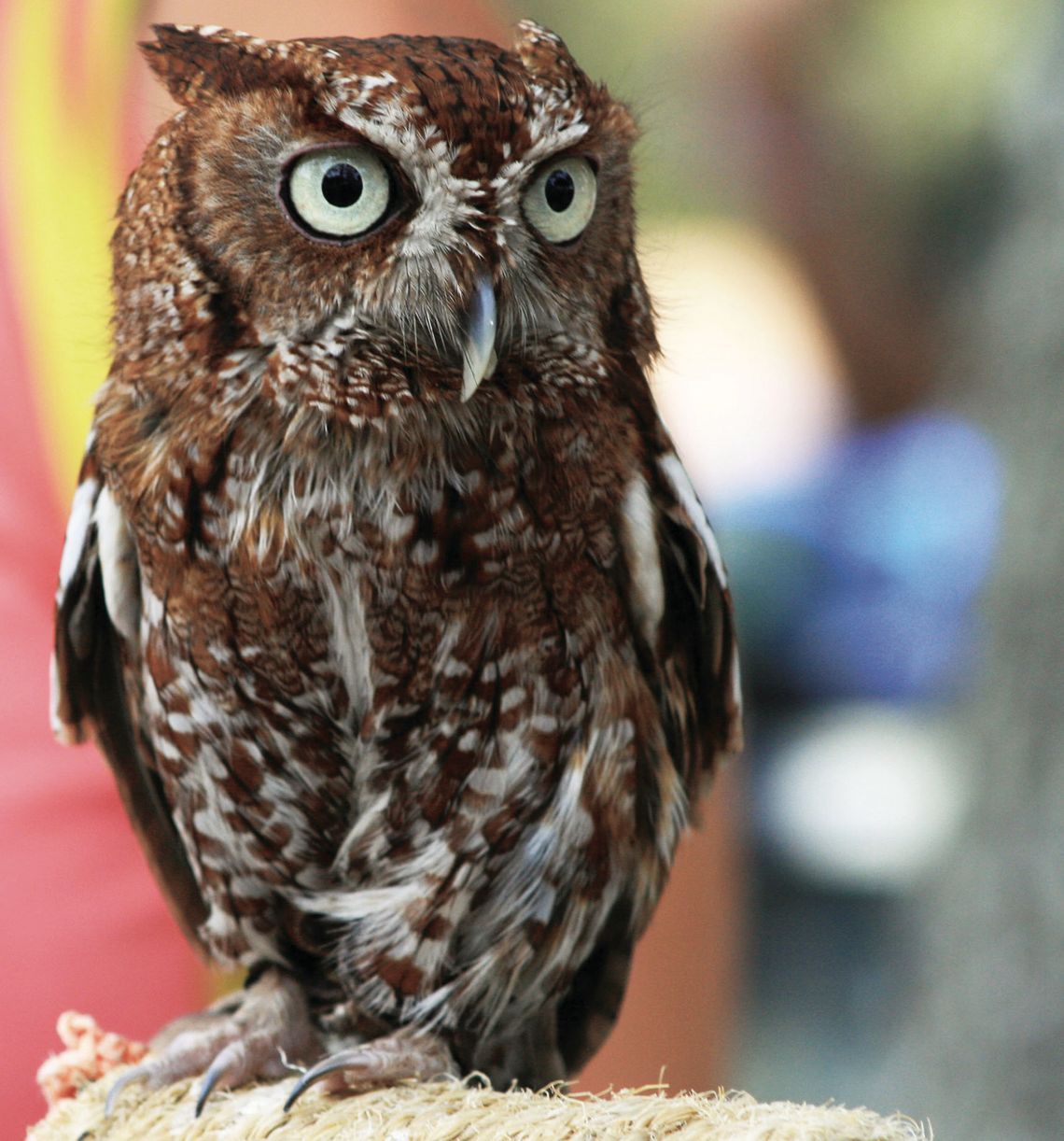Exploring Nature: A Parliament of
Owls
When people refer to groups of birds, they often come up with some unusual terminology. For example, there is an exaltation of larks. This would refer to the horned lark, which is the only lark native to North America. It usually forages in flocks.
There is also a murmuration of starlings, best seen when these black birds fly in synchronized patterns that appear as a shape-shifting, fluid form.
Another term is a parliament of owls, which is not very accurate since owls seldom congregate as a group. But it does sound very dignified, which befits wise old owls.
Rounding out the group terminology are a charm of hummingbirds, a flutter of butterflies, and a siege of cranes. We also have a party of bluejays, a college of cardinals, a convocation of eagles and an ostentation of peacocks.
A siege of cranes would apply to sandhill cranes, noted for gathering along the Platte River in Nebraska during migration. Over one million cranes stop there to feed and rest for a few weeks.
Some other group names for birds and other animals include a descent of woodpeckers, an army of caterpillars, a committee of vultures, gaggle of geese, scurry of squirrels and unkindness of ravens.
Finally, a group name for foxes is quite appropriate for what are generally solitary creatures which are also monogamous and raise their young together. The term is a skulk of foxes.
All in all, I think my personal favorite is probably a flamboyance of flamingos.








